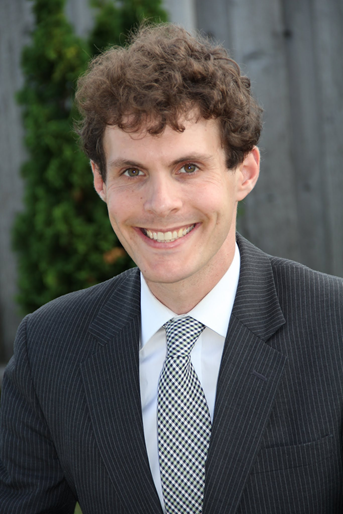Seminar Series: Risk Tolerance and Parental Investment in Children
| When |
Nov 05, 2012
from 12:00 PM to 01:00 PM |
|---|---|
| Where | 0124B Cole Student Activities Building |
| Contact Name | Tiffany Pittman |
| Contact Phone | 301-405-6403 |
| Add event to calendar |
|
About the Talk
Parental investment in children's human capital forms a critical foundation for children's economic futures, but parents face considerable uncertainty about exactly how their investments determine their children's futures. Using insights from the child development literature, I model parental investment over childhood when uncertainty matters. Investment in early childhood is more productive than investment in later childhood, and though it might seem counterintuitive at first, I show that early childhood investments generate more uncertainty for parents. Parents thus face a trade-off where early childhood investments are both more risky and more productive than late childhood investments. Compared to their risk averse peers, more risk tolerant parents both invest more in their children throughout childhood and shift their investments from late childhood towards early childhood. I test this model using parental time diary data from the PSID Child Development Supplement (CDS) and survey-based measures of risk tolerance from the PSID Risk Tolerance Supplement. Children from families where the father is a single standard deviation more risk tolerant receive over 800 hours of extra time with their parents by the time they are 6, and 300 hours of extra parental time in educational activities over the course of childhood.
About the Speaker

Jeffrey Borowitz is a PhD Candidate in the Department of Economics. He previously served as the Staff Economist for education policy at the Council of Economic Advisers. His research focuses on parenting and the formation of children's human capital.
